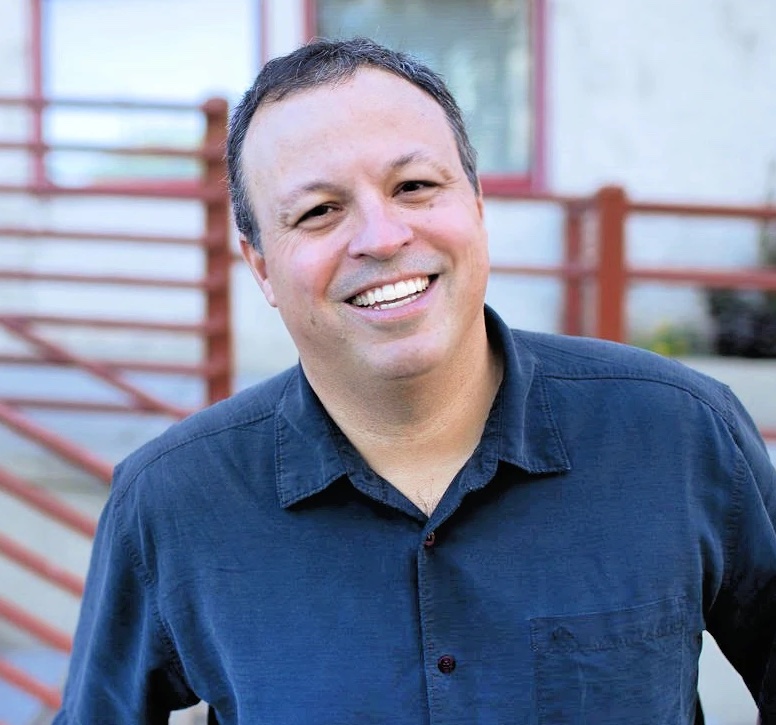Nine Idaho cities are participating in the 2022 Community Health Academy, an annual program of the Blue Cross of Idaho Foundation for Health that provides expertise and funding to build healthier communities.
Mayors and city staff collaborate with each other and learn from local and national experts in this learning collaborative. We’re highlighting the individuals who are presenting to the mayors and community leaders during the academy.
Today’s topic: Effective communications.
Jeff Reynolds works with a variety of entities — companies, municipalities, nonprofits and others — to improve their communications efforts. Communicating information is an important part of what cities do, and effective communications lead to better community engagement. Jeff recently released his book “The Monster That Ate Marketing: A Leader’s Guide to Reimagining, Reengineering, and Reinvigorating the Modern Marketing Department.”
Question: Can you tell us about yourself and role?
I’m president of Reynolds+Myers, a marketing consultancy based in Boise. Twenty-four years ago I moved to Idaho with the intention of staying two years — it’s been 24 years now. It’s been an honor to work, play and raise a family here.
What does your organization do?
Reynolds+Myers helps food and shelter brands evolve into modern marketers. We work closely with for-profit and nonprofit organizations, as well as municipalities, in these spaces to shape not only their communications efforts (websites, advertising, etc.), but also their communications team. As much as we love to do the work, we’ve found a ton of value helping clients build their own internal capacity through training and coaching.
Why are you in this line of work?
It’s complicated. First of all, our world is filled with fun, interesting and smart people. If it weren’t for that, I don’t think I’d still be doing this work. The added bonus is that by focusing on food, housing, health, built environments, and other areas of “food and shelter,” we’re able to have a measurable impact on actual human beings. That’s both engaging and personally rewarding. This is doubly-true for our work with the Blue Cross of Idaho Foundation for Health.
Why is addressing social determinants of health important?
The social determinants of health provides a framework to rethink important issues at the root level, instead of just forever treating symptoms.
It’s clear that what got us here won’t be what gets us where we want to go. The social determinants of health encourage us to examine, think about, and act on really big issues holistically. The fact is, the challenges we face societally require some real changes in how we eat and live. But most humans fear and loathe change. The social determinants of health provide a lens for us to, as they say, “think globally and act locally.” We can each be a small part of a solution that fits into a much larger puzzle.
What are the benefits of learning collaboratives such as the Community Health Academy compared to traditional grant funding?
As valuable as it is, knowledge alone isn’t enough to get people to take action. The Community Health Academy (CHA) and other learning collaboratives provide a support structure that gives participants not only the know-how, but also the belief they can make a difference, and a support system that helps push through the doubts and distractions.
Funding is vitally important, of course, but CHA and similar collaboratives significantly increase the chances that the funding is used effectively.
What’s your favorite baseball team and why?
This is an embarrassing answer because I root for two NL West teams — the Dodgers and Giants. It makes no sense, except that I grew up following the Dodgers thanks to my dad. He’s a passionate fan and sort of baseball savant who can list starting lineups for the Dodgers back to the 1950s.
But during my time working in Silicon Valley I was able to spend a fair amount of time at Oracle Park (AT&T Park back then) and developed some pretty serious fandom, but not enough to fully shed the childhood brainwashing from my dad.
